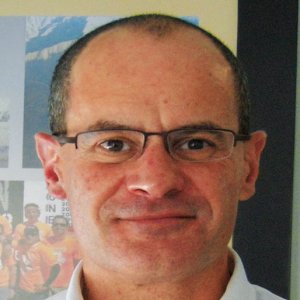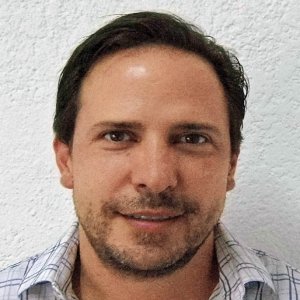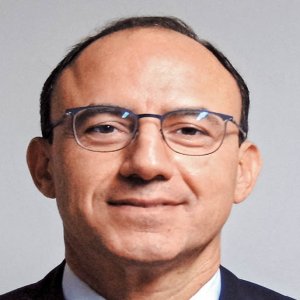Cast-Offs Provide Opportunity, Benefit

STORY INLINE POST
Q: What makes Aspen Labs stand out from other companies in the industry in Mexico? What is its main added-value? A:
Our business model is di erent from that of a typical Big Pharma company. Big Pharma companies carry out R&D, through which they o er innovative products for certain pathologies. In Aspen’s pharma business we do not carry out R&D. What we do is buy products or brands that other companies no longer want to invest in. In this way, we can keep costs at an accessible level for patients because we do not experience pressure to reinvest in these areas. Of course, we are a public company listed on the Johannesburg Stock Exchange and release our financial results.
For example, the Infacare formula was developed in South Africa and we transferred that technology to our facilities in Vallejo, Mexico City. As that plant produces for Mexico, Latin America and we are beginning to produce for Australia and the US, the additional volume added to that plant helps us reduce our costs. This means we can o er high quality products to Mexican patients.
Q: What growth have you seen in 2016 and what internal and external factors are the drivers of this?
A: In 2016, the Mexican health industry saw one of its toughest years. In that year it achieved single digit growth in terms of value due to the introduction of new products and price increases. At Aspen, we are seeing growth at twice the audited market growth.
Our pharma business is witnessing healthy organic growth in both private and public sectors. This is driven by our lines in thrombosis, hormones and cytokines for women’s health and men’s health.
In addition, we have a line of products that are traditionally used in the public sector and that were not taken privately in the past, such as our low weight molecular heparin. Since the end of 2015, we have been taking this product to the private sector, where it has been well received. We have also launched Fondaparinux, a product used in the ER when a patient has a heart attack and needs products like this one immediately to avoid complications. Other mature brands
Aspen has bought from other labs have allowed us to revive products well known by doctors.
Q: What were the reasons for which 2016 was a di cult year for the industry?
A: There was a lack of innovation in 2016. Innovation in the industry often causes products for high specialty needs to become increasingly expensive, but we have not seen important advances in the health sector in accessibility.
In the private sector, access has been e ective in lowering the cost and prices for patients. At the same time, it has shifted market dominance from manufacturers and the main providers of the sector to commercialization and sale points. We are seeing changes in the way clients are approached, client convenience and of course access at better prices. This means the industry that did not adapt to this new model has run into problems. In Mexico, there are no instruments to evaluate with certainty the value of the public market. We have information from some of the big institutions, but not an overall picture.
Q: To what extent do you plan on further expanding from your two existing plants? What other ambitions do you have for Mexico?
A: Over the next three or five years, we plan on further expanding our manufacturing capacity in Mexico in the pharmaceutical segment. In 2017, we will transfer products to be manufactured in our Vallejo plant and we will export them globally.
Commercially, we are launching several products that will satisfy market opportunities we have detected, more specifically in pharmaceutical combinations. In the nutrition segment we will continue to innovate with new formulas and we will launch a new product.






















